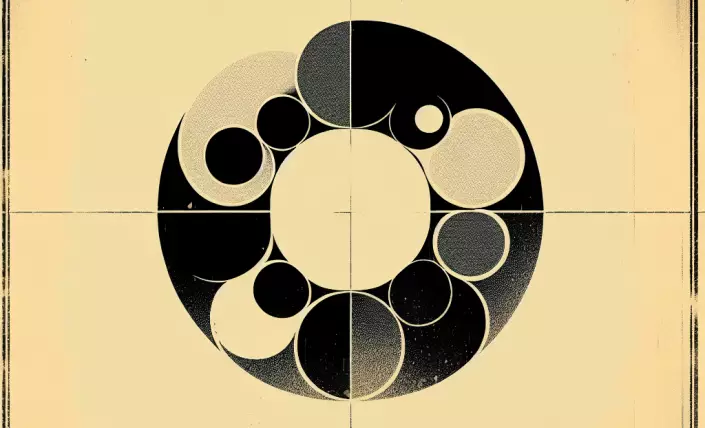In the vast expanse of human thought, few images are as enduringly captivating as Plato's Allegory of the Cave. This philosophical metaphor, found in Book VII of 'The Republic,' invites us to ponder the nature of reality, the limits of human perception, and the quest for true knowledge. The allegory tells the story of prisoners chained in a dark cave, who perceive only shadows cast on the wall by objects passing in front of a fire behind them. These shadows are their sole reality. However, one prisoner is freed, and upon leaving the cave, he discovers the sunlit world outside, coming to understand the profound difference between the shadows and the true forms casting them.
This allegory is not merely a tale of enlightenment; it serves as a profound commentary on human existence and our perennial struggle with ignorance. The cave represents our limited understanding, constrained by the physical senses and societal norms. The shadows symbolize the misconceptions and half-truths we accept as reality. Plato challenges us to question: Are we too living in a metaphorical cave, mistaking shadows for reality? This allegory encourages us to seek knowledge beyond the superficial and to question the foundations of our beliefs.
In our modern world, the cave can be likened to the echo chambers of social media, where algorithms feed us curated content that reinforces our existing beliefs. We become prisoners of our own biases, content with the shadows of half-truths and misinformation. The path to true knowledge, as Plato suggests, is arduous and requires a willingness to challenge our assumptions and step into the blinding light of truth. It is a call for intellectual courage and curiosity, urging us to venture beyond our comfort zones and seek a deeper understanding of the world and ourselves. This journey, though daunting, is essential for personal growth and societal progress, transforming us from passive observers into active seekers of truth.










